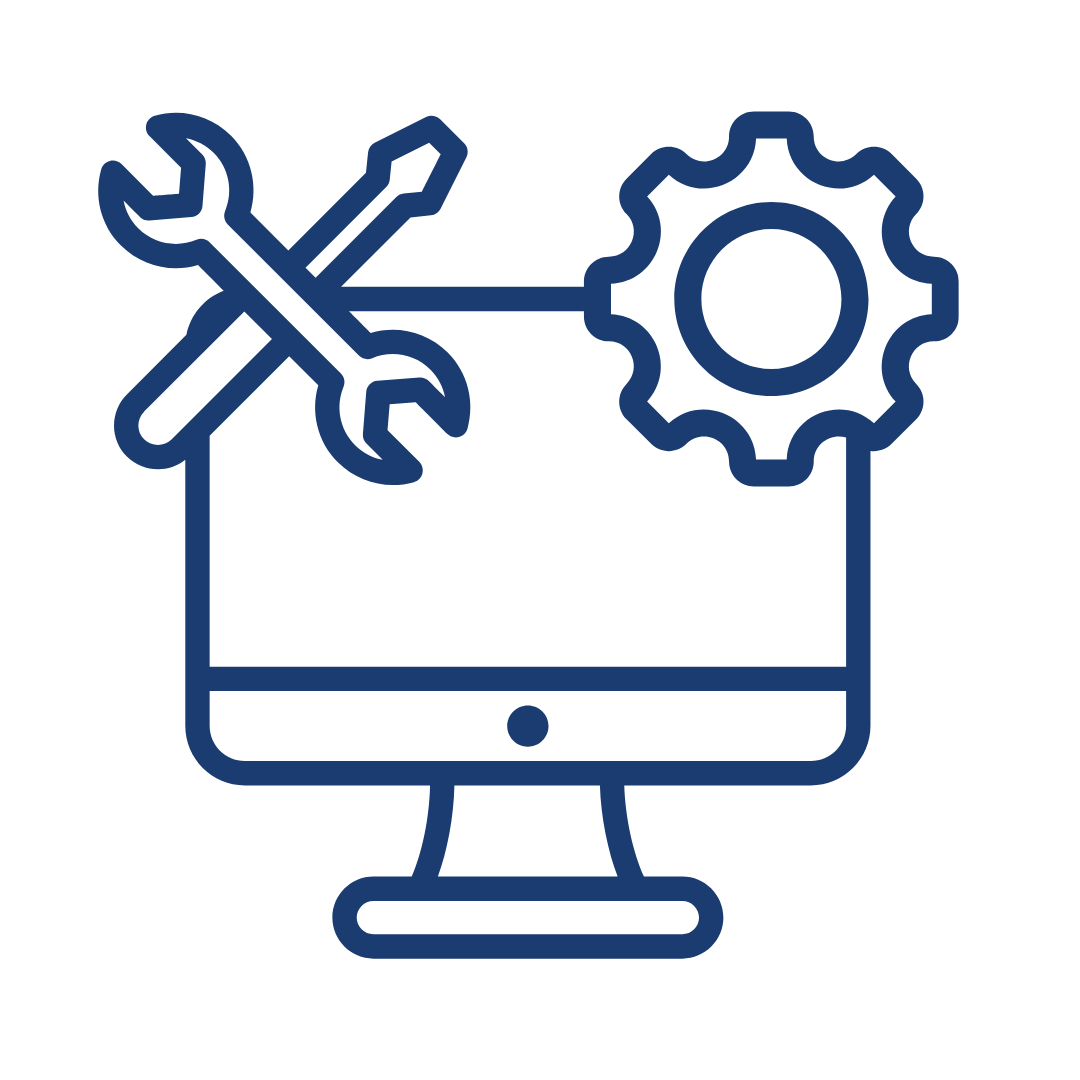
ISO 55001 Implementation Support
Implementing ISO 55001 is a crucial step for organisations looking to establish a robust and effective asset management system. At MCP Consulting Group, we provide expert guidance to help businesses navigate the complexities of ISO 55001 implementation, ensuring compliance and unlocking the full potential of their asset management strategy.
PHYSICAL ASSET MANAGEMENT CATEGORIES
What is
ISO 55001 Implementation
ISO 55001 implementation involves developing and embedding a structured asset management system that aligns with international best practices. This includes defining policies, processes, and governance structures that ensure assets are managed efficiently throughout their lifecycle. A well-executed ISO 55001 implementation enhances decision-making, improves asset performance, and drives cost optimisation.
At MCP, we work closely with organisations to design and implement tailored asset management frameworks that support their strategic goals and operational needs.

Key Objectives of
ISO 55001 Implementation
1
Establishing an Asset Management System
Develop a structured approach to asset management that aligns with ISO 55001 requirements.
2
Ensuring Compliance with International Standards
Implement policies and procedures that meet ISO 55001 certification criteria.
3
Enhancing Risk Management and Governance
Integrate risk-based thinking and robust governance structures to manage assets effectively.
4
Optimising Asset Performance and Efficiency
Apply best practices to extend asset life, improve reliability, and reduce costs.
5
Facilitating Continuous Improvement
Embed a culture of continuous improvement to enhance asset management capabilities over time.

MCP Approach to
ISO 55001 Implementation
MCP conducts a detailed evaluation of current asset management processes, identifying gaps in compliance with ISO 55001 standards and highlighting areas for improvement before implementation begins.
Comprehensive Gap Analysis and Readiness Assessment
We work closely with organisations to define asset management objectives, governance structures, and long-term asset strategies to ensure a structured and sustainable ISO 55001 implementation.
Strategic Planning and Framework Development
Our experts assist in developing policies, procedures, and workflows that align with ISO 55001 requirements. We help organisations integrate asset management principles into their existing business operations seamlessly.
Process Design, Integration, and Compliance Alignment
Successful ISO 55001 implementation requires engagement at all levels. We provide comprehensive training programmes to equip teams with the necessary knowledge and skills to manage assets effectively under ISO 55001 standards.
Training and Organisational Change Management
We establish tracking mechanisms, key performance indicators (KPIs), and review processes to ensure long-term compliance and continuous improvement in asset management practices.
Performance Monitoring and Continuous Improvement

Physical Asset Management
Explore More
Speak to One of Our
Expert Consultants
If you have any questions or would like to learn more about how MCP Consulting Group can support your organisation in ISO 55001 implementation, please get in touch with us. Our team of consultants is ready to provide tailored solutions to enhance your asset management framework and ensure compliance with international standards. Contact us today to discuss your specific requirements.

FAQs
-
The timeline varies depending on the organisation's size and complexity, but most implementations take between 12 to 18 months.
-
No, but it is highly beneficial for organisations looking to enhance asset reliability, improve governance, and gain a competitive advantage.
-
Sectors such as manufacturing, energy, utilities, transportation, and facilities management benefit significantly from ISO 55001’s structured asset management approach.
-
By optimising asset management strategies, organisations experience reduced maintenance costs, improved asset lifespan, and better investment planning, leading to overall financial gains.












